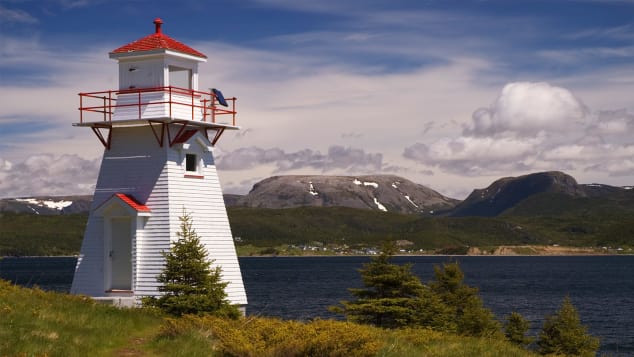
Canada to inessential US travelers: Please stay home
TripFalcon July 17, 2020
Last Update: 2020-07-16 19:08:19The Canadian/US border is expected to remain closed for another 30 days, until August 21.
In March, the longest un-defended border in the world closed to all "non-essential traffic" due to Covid-19. The US and Canadian governments review the agreement every 30 days, and reports suggest the closure will be extended a fourth time.
Prioritizing Canadians' safety
"We recognize that the situation continues to be complex in the United States with regard to Covid-19," Canadian Prime Minister Justin Trudeau told reporters Monday. "We are going to continue to keep Canadians safe and to keep our economy flowing."
The premier of Ontario, Canada's largest province, is on board with the closure. "I see these numbers from Florida and they're staggering, 15,000 people that contacted COVID in a day," Doug Ford told reporters earlier this week. "That is scary, but we're being pretty vigilant, we're not rushing into anything."
Overall, Canadians are "apprehensive" about Americans visiting north of the border, says Darren Reeder with the Tourism Industry Association of Alberta (TIAT), a group representing hundreds of tourism operators in the Rocky Mountains and elsewhere across the western province.
"People are nervous. It doesn't mean we don't want our neighbors or we don't want to resume with travelers," he told CNN Travel recently. "But I think everyone is understandably cautious because in their own home community they feel they've done the right things ... and there is this trepidation, if you will, of others coming in too quickly."
In Atlantic Canada, the four provincial governments have just loosened travel restrictions to allow people from New Brunswick, Prince Edward Island, Nova Scotia and Newfoundland and Labrador to move freely throughout the "Atlantic Bubble" without having to self-isolate for 14 days. But there is no sense of urgency to start welcoming visitors from south of the border.

Newfoundland, Canada, typically welcomes a lot of US tourists, but not this year. Getty Images/Stephen Saks
"I feel badly for those people because it's a real tough situation down there," says Tom Earl, owner of the Tilting Harbour Bed and Breakfast on Fogo Island off the northeast coast of Newfoundland.
"(Americans) are a big part of the business here, but people are not too thrilled about having them travel right now. Everyone here is pretty OK with not having them come until they get their story together down there."
In previous summers, Americans helped fill the rooms of Earl's century-old home in Tilting, gazing at icebergs, wandering the quaint villages on the tiny island and taking part in artistic events through the world-famous Fogo Island Inn.
But Earl is closing his B&B for the rest of the season and hoping to see US visitors back next year.

